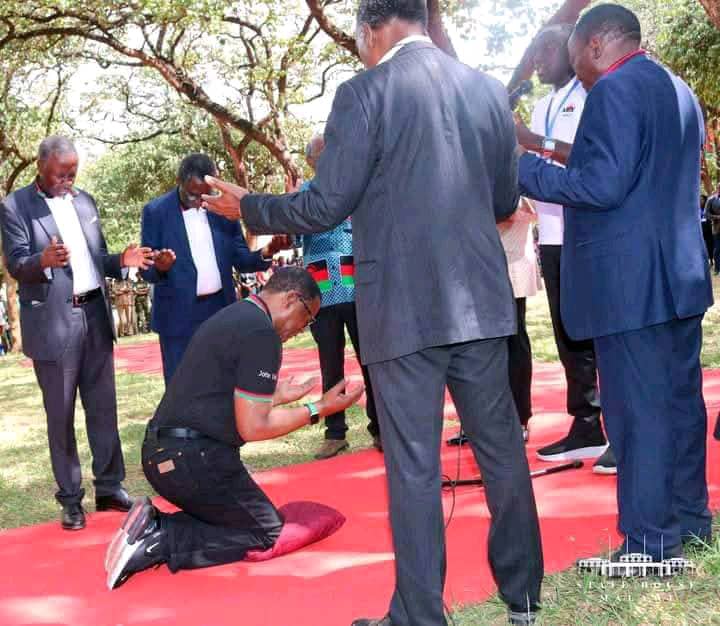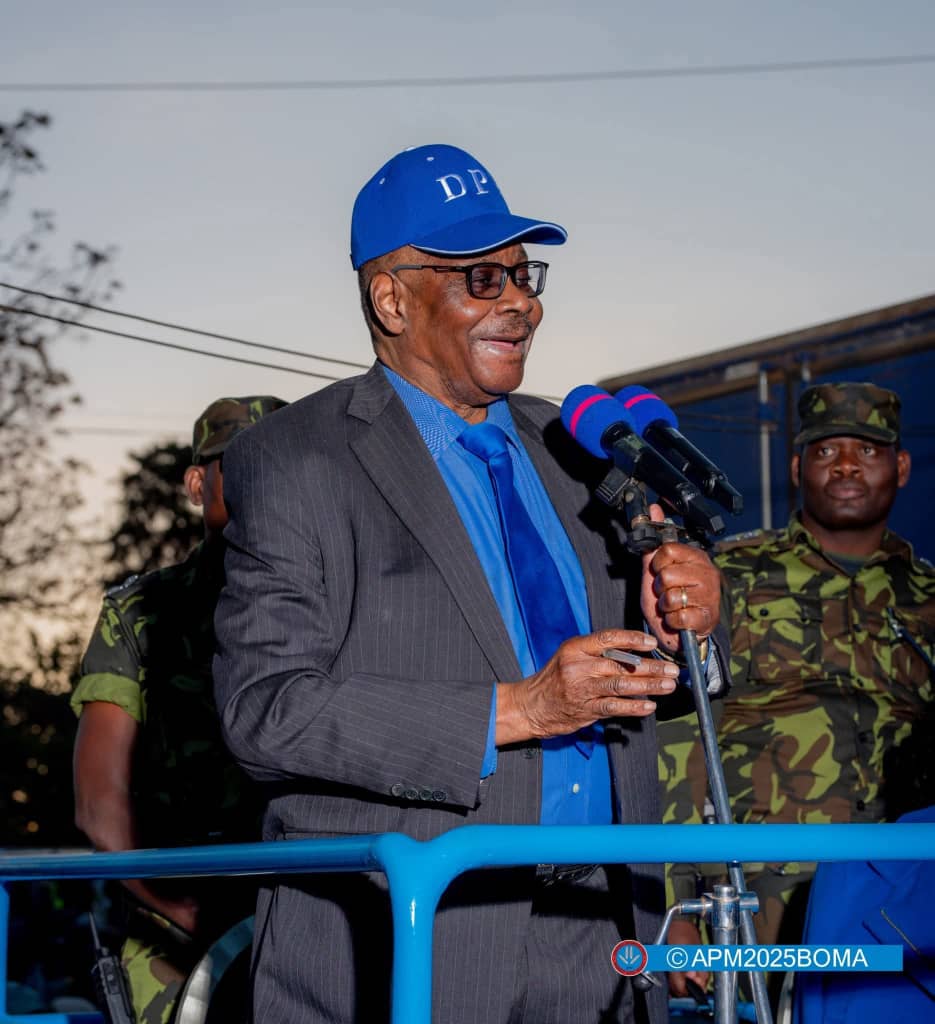By Allan Ngumuya
Malawi is in crisis.
What was once a land brimming with promise and pride has decayed into a nation crippled by tribalism, moral compromise, political plunder, and institutional failure.
The Central Region—formerly a pillar of national unity and wisdom—has tragically descended into tribal allegiance, where ethnic identity now trumps reason and merit. Instead of fostering nationhood, many have opted for ethnic fortresses, trading patriotism for parochialism.
Prioritizing tribe over truth, and lineage over ability, is not only regressive—it’s self-destructive. It takes us backwards to an age when names determined destiny and mediocrity replaced meritocracy.
Admittedly, there are voices of reason in the region. But they are drowned out by others who have chosen to defend failure, simply because it is cloaked in familiar ethnicity.
Even more disturbing is the role of our traditional leaders. These custodians of culture, once known for integrity, have reduced themselves to errand boys for the ruling elite. Their allegiance is no longer to the people, but to handouts and tribal favoritism. Once moral compasses, these chiefs now amplify division and corruption.
Meanwhile, our democratic institutions are crumbling. The Malawi Electoral Commission, tasked with safeguarding the people’s will, is ominously silent on glaring irregularities. Allegations of tampering with voter materials go unchallenged, and the commission remains comfortably complicit.
Human rights institutions? Nowhere to be found. Their presence is felt only on banners and project proposals, not where the people suffer.
And the Church—traditionally the voice of conscience—has become timid, its voice muted by proximity to power. Instead of rebuking corruption, many clergy now bless it. Sacred altars are being transformed into political podiums.
The Public Affairs Committee (PAC), once a moral force that shook regimes, has grown toothless—more ceremonial than courageous.
Malawians, we are not merely victims. We are accomplices. Our silence and inaction embolden thieves. Every time we excuse incompetence or reward corruption with applause, we betray our country.
Walk through Mchesi and you’ll see despair. Vendors, stripped of livelihood by disastrous economic policies, look like survivors of catastrophe—thanks to the negligence of Minister Vitumbiko Mumba.
We continue to cheer for those who are bleeding us dry.
What Malawi needs now is not another recycled politician, but a visionary—a bold reformer with integrity, clarity, and courage. One who will confront decay and rebuild a functional state.
To the youth: this is your time. The future is not promised by the old guard. It belongs to you, the dreamers, the doers. Don’t waste it cheering thieves or posing with tyrants.
Loyalty to party or church won’t save this country. Loyalty to truth and justice will.
The real enemy of Malawi is not merely the corrupt leader, but the citizen who trades their vote for a bag of maize or K5,000. Rural voters, who dominate our electorate, are routinely exploited by political elites. This is not democracy. It is bondage masquerading as choice.
We witnessed it under Peter Mutharika, when the Lomwe elite pillaged Malawi under the banner of tribal pride. The consequences were catastrophic. Voters only turned on them when the devastation became impossible to ignore.
Now, those same forces want back in—not to heal, but to finish what they started.
It’s a vicious cycle: loot for five years, get rich, then rebrand and return.
Visit the abandoned projects in Monkey Bay, Nyambadwe, or Mangochi. What you’ll see is evidence of theft disguised as governance.
Churches, you too must answer for your complicity. You have blessed criminals while your members starve. That is not diplomacy—it is betrayal. You were meant to confront evil, not kiss its ring.
Chiefs openly direct their subjects to vote based on tribe, not merit. That isn’t leadership—it’s cultural manipulation draped in tradition.
Let it be clear: No tribe owns Malawi. We are all stakeholders—Chewa, Yao, Lomwe, Tumbuka, Ngonde, Sena, Tonga. All equal.
This insanity must end.
To the pseudo-activists: your recycled voice notes and fake outrage serve no one. You are pawns in a game of dead ideologies. Malawi doesn’t need spin—it needs substance.
The crisis isn’t only in our institutions. It’s in our minds. If we do not unlearn blind loyalty and relearn national duty, we will remain captives of a broken system.
What Malawi truly needs is not a tribal kingpin—but a national servant. Someone who speaks all tongues, serves all regions, and stands above fear and favoritism.
This leader must be young, connected to the youth, and firm in both economic insight and ethical grounding.
To the youth: stop idolizing crooks. Stop hyping oppressors. Mobilize. Educate. Challenge. Inform the rural voter that their vote is their power—not a commodity.
Ignore this moment, and you will regret it. On September 16, 2025, if you fail to rally behind bold leadership—like Dr. Dalitso Kabambe—you may be signing away your own future.
This is your turning point.
Do not let zombies of the past feast on your tomorrow.
Vote for vision. Vote for courage. Vote for change.
And to those who mix religion with corruption: stop quoting Scripture while robbing the poor. That is not faith—it is sacrilege.
From Kamuzu to today, we’ve been sold dreams by false messiahs who wrapped their greed in divine language.
It’s time for that era to end.
Churches, rise. Speak truth. Be prophets again—not puppets.
And to the youth: the nation calls.
Stand. Speak. Act.
History is watching. And your children will one day ask what you did.
Let your answer be one of courage—not cowardice.




